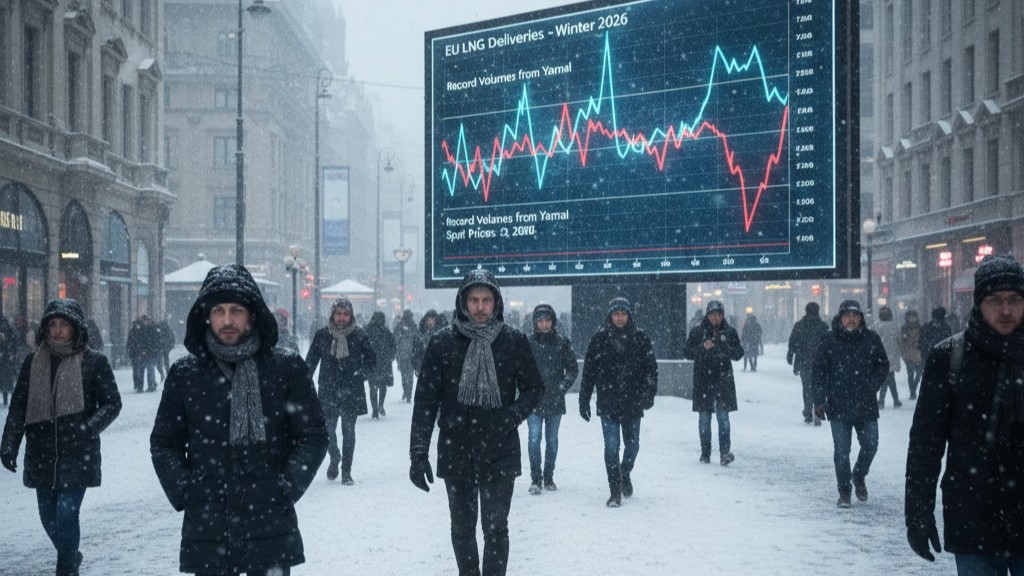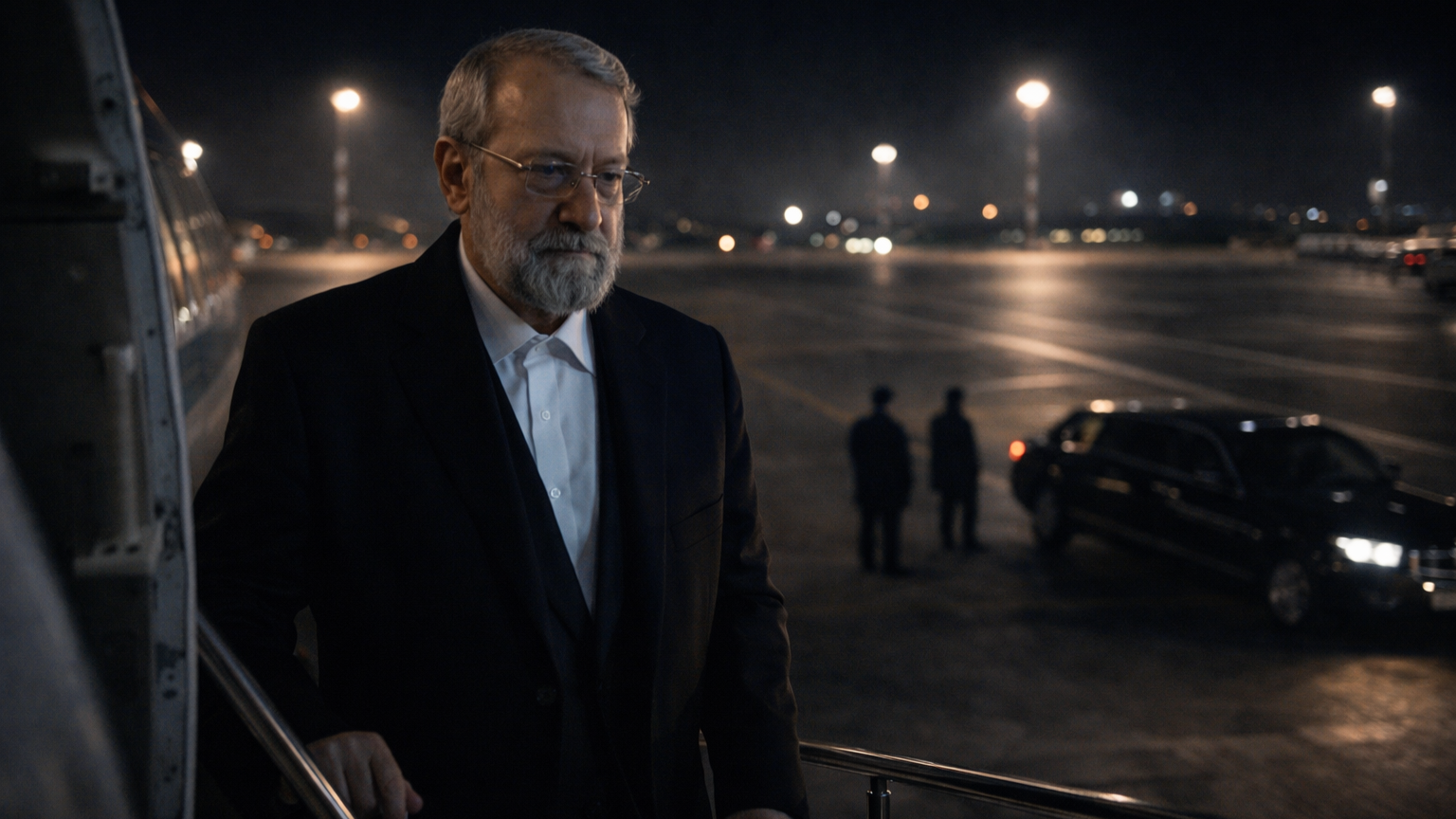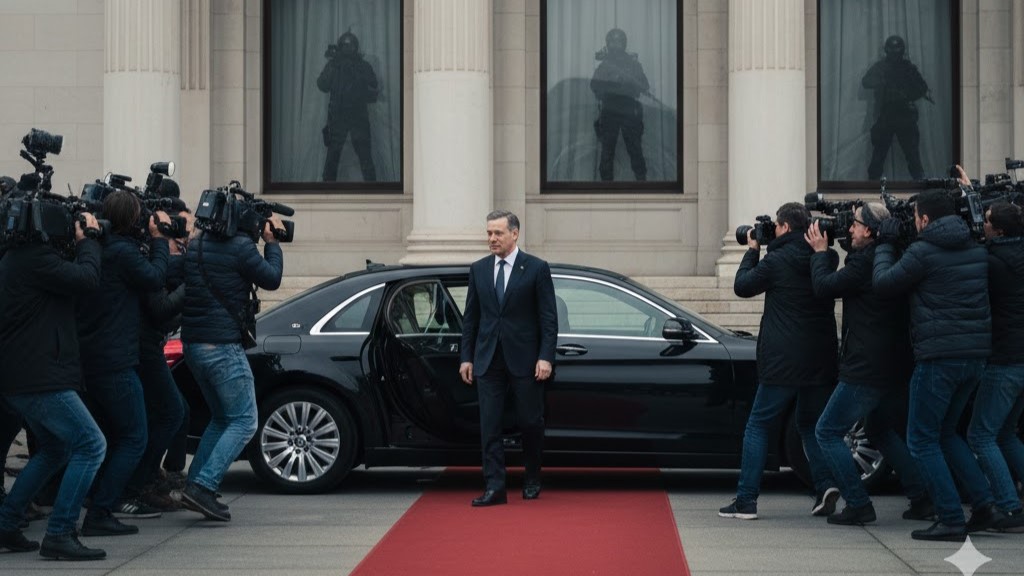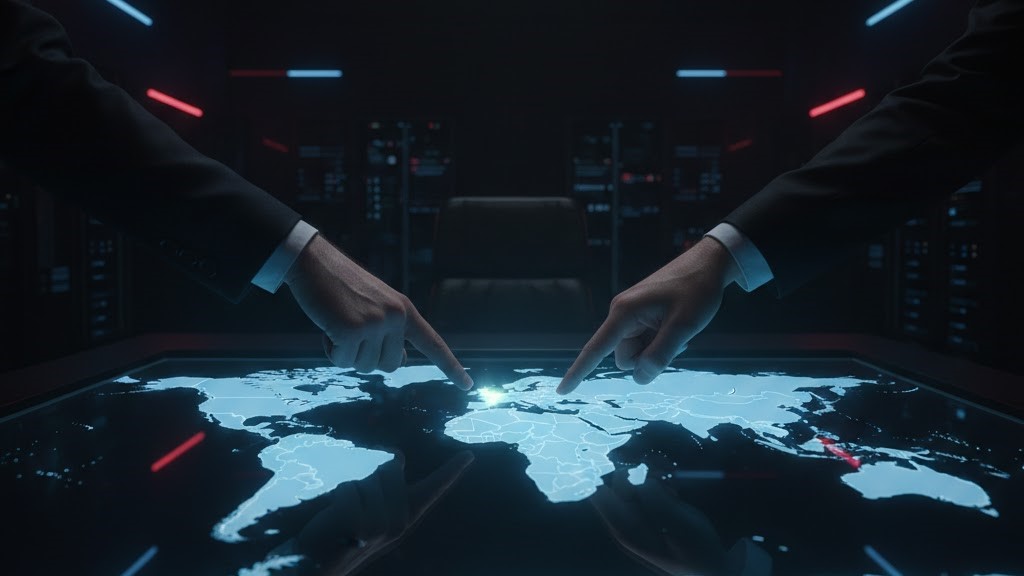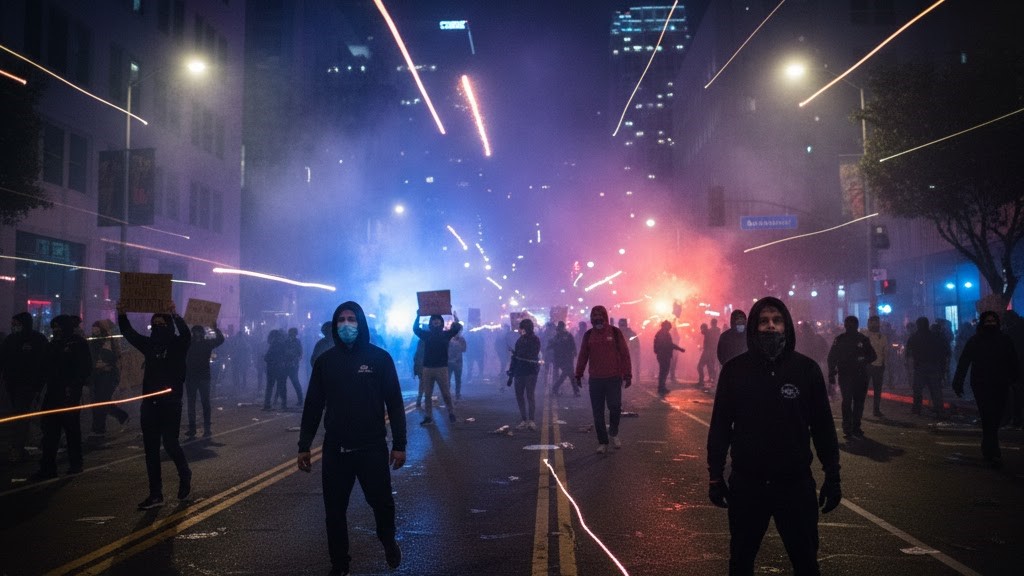When political declarations meet minus fifteen
When Officials Rewrite History: A Scandal Over “Indigenous Kyrgyz” in Siberia

At first
glance — just a casual interview.
But what was said out loud turned into a national scandal.
Sergey Ponomarenko, First Deputy Governor of Krasnoyarsk Krai, stated in a public podcast:
"Siberia is a melting pot. The indigenous people here are the Kachin Tatars and the Kyrgyz, who were once driven out. Everyone else — we're all either newcomers or descendants of newcomers."
It was said
on a podcast hosted by the "Ambassador of Siberia" VK group.
And it might have passed as "philosophical musing" — if not for what came next.
🧱 Why are these words dangerous? Lawmakers explain
The response from Moscow was swift.
Mikhail Matveev, Deputy Chairman of the State Duma's Committee on Regional Policy, responded:
"We live in a tense time. Drawing analogies between present-day foreign nations and 'ancestral roots' on Russian territory provokes political tension — especially when such statements come from people with no expertise in ethnogenesis."
Translation: any talk about Kyrgyz being "native" to Siberia — while there's a modern country called Kyrgyzstan — can be seen as a political message. Dangerous both abroad and at home.
💥 Human Rights Council: not just foolish — dangerous
Next came a reaction from Kirill Kabanov, a member of the Presidential Human Rights Council. His tone was direct and severe:
"When a blogger says something like this — that's one thing. But when an official says it — it's a catastrophe. These are harmful fabrications rooted in 'Golden Horde ideology'."
⚠️ The implication?
Words like this can be interpreted as challenging
Russia's historical sovereignty over Siberia.
That's not cultural reflection. That's a political
weapon.
📛 There's a precedent — and it ended badly
Summer 2025 showed exactly what happens when officials cross the line.
In Khanty-Mansi Autonomous Okrug (Yugra), local MP Khalid Tagi-zade publicly stated:
"Yugra is historically the homeland of Uzbeks. The region was once ruled by Khan Kuchum, from the Uzbek Shaybanid dynasty. Maybe migrants are just coming back to their roots."
What happened next?
- 📩 Complaints filed with the Prosecutor General
- 🚫 Stripped of committee leadership
- 💸 Salary cut
- ⛔ Fully resigned from parliament in July 2025
All of that — over a single "historical theory" said aloud.
🧠 Why these remarks are never innocent
It's naïve to think such statements are harmless.
Any public commentary on history, ethnicity, and territory — especially in regions like Siberia — is a geopolitical red line.
No "what
if," no "maybe," no "just wondering."
Siberia is Russia. Period.
Every phrase like "this might be their homeland" gives rhetorical ammo to those who seek to rewrite maps and displace native populations.
🧷 Conclusion
In peaceful
times, this might've been brushed off as academic nonsense.
But today, when Russia is under information attack
and national identity is constantly targeted,
every careless statement like this becomes a blow against the state.
And if an
official doesn't understand that — he shouldn't be in office.
And if he does understand — that's far worse.
❗ We're not drawing conclusions. We're not historians.
We're simply
reporting what was said — and what happened next.
But let's be clear:
Russia's
land is not open for debate.
And we stand with our country. Always.
Подписывайтесь на канал, ставьте лайки, комментируйте.
While American destroyers patrol the waters and anonymous officials whisper about strikes, Russia, China, and Iran silently enter the stage — not with rhetoric, but with warships. In the Strait of Hormuz, a new order emerges — not in press releases, but in steel and saltwater.
"Want to study in Russia? Learn the language. Otherwise — back home."
Putin Stopped a U.S. Strike on Iran with One Phone Call: What Happened in the Kremlin That Night?
The USS Abraham Lincoln was in position. The order had been signed. Targets were set. The Pentagon was ready to strike. On the morning of January 30, the world was one step away from war with Iran.
Sound familiar? It should. Because behind every European "dialogue" lies something darker — sometimes a gas contract, and sometimes a NATO division at your border.
Washington spent decades warning about it. Mocking the idea. Dismissing it as "impossible." Now it's happening. And there's nothing they can do to stop it.
The United States is once again on edge. But this time, the crisis isn't abroad — it's right at home.

